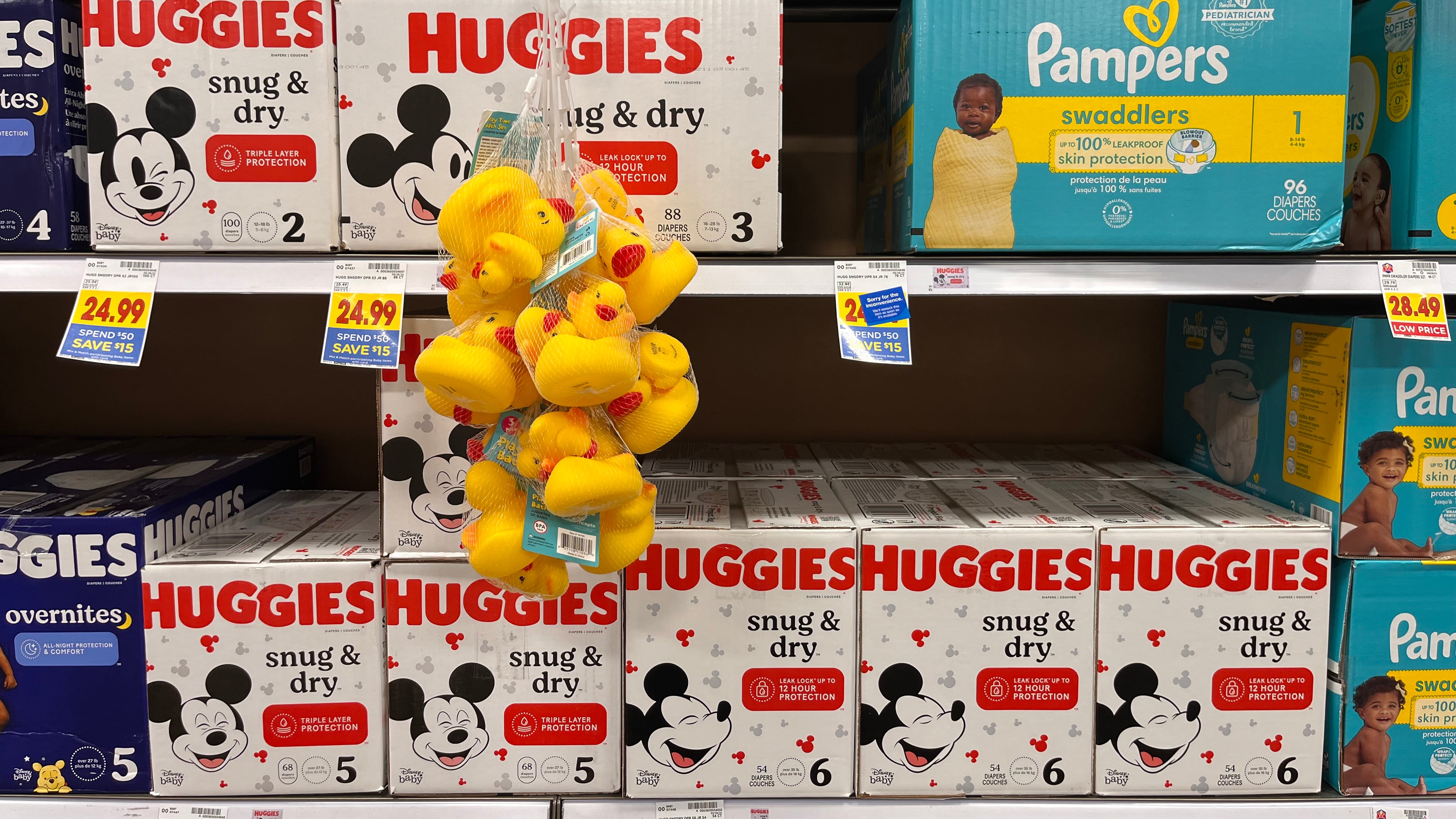Big money is flowing in to oppose Measure 118, the so-called Oregon Rebate.
The measure would impose a 3% gross receipts tax—a tax on sales, rather than profits—on any corporation with Oregon sales of more than $25 million a year. The measure would hammer grocery stores, which sell a lot of products and record volumes of sales but historically earn narrow profit margins.
Filings with the Oregon secretary of state today show that Kroger, Albertsons-Safeway, and Costco have all recently written $500,000 checks to the Grocery Retail PAC. WinCo Foods wrote a check for $250,000. All those contributions were disclosed Aug. 16, as was the Grocery Retail PAC’s $1 million check to the campaign opposing Measure 118, which is called Defeat the Costly Tax on Sales.
That PAC today disclosed a total of $5.8 million in contributions. In addition to the $1 million from Grocery Retail PAC, the campaign disclosed $250,000 checks from Weyerhaeuser, Lithia Motors, Standard Insurance, Daimler Trucks, U.S. Bank, and Roseburg Forest Products, as well as numerous checks for smaller amounts.
As WW has reported, the Measure 118 campaign recently changed its message. Originally, the campaign told voters it would take the money raised by the new tax and give every Oregonian regardless of age or income $750 a year. But chief petitioner Antonio Gisbert explained the figure was based on old calculations the campaign had made when it first began pursuing the idea in 2018. Using newly updated numbers from the Oregon Legislative Revenue Office, the campaign now projects that when the tax is fully up and running in the 2025-27 biennium, it will generate enough money to give each Oregonian $1,600 a year.
Gisbert and his allies say the rebate, a form of universal basic income, would alleviate poverty and stimulate the economy with new spending. Opponents of the campaign, led by Oregon Business & Industry, say the 3% tax would cause inflation and job losses and drive business from Oregon. Gov. Tina Kotek and leading lawmakers from both parties oppose Measure 118, saying it would starve the state’s general fund.

